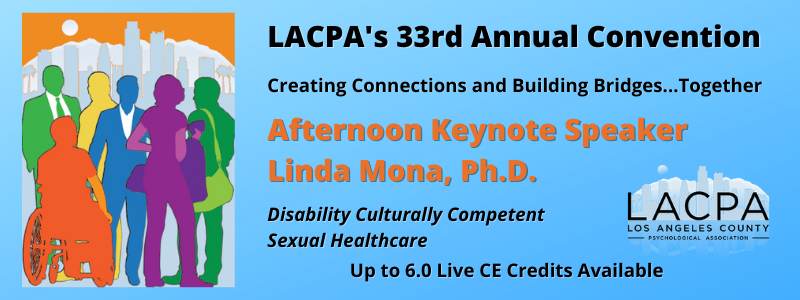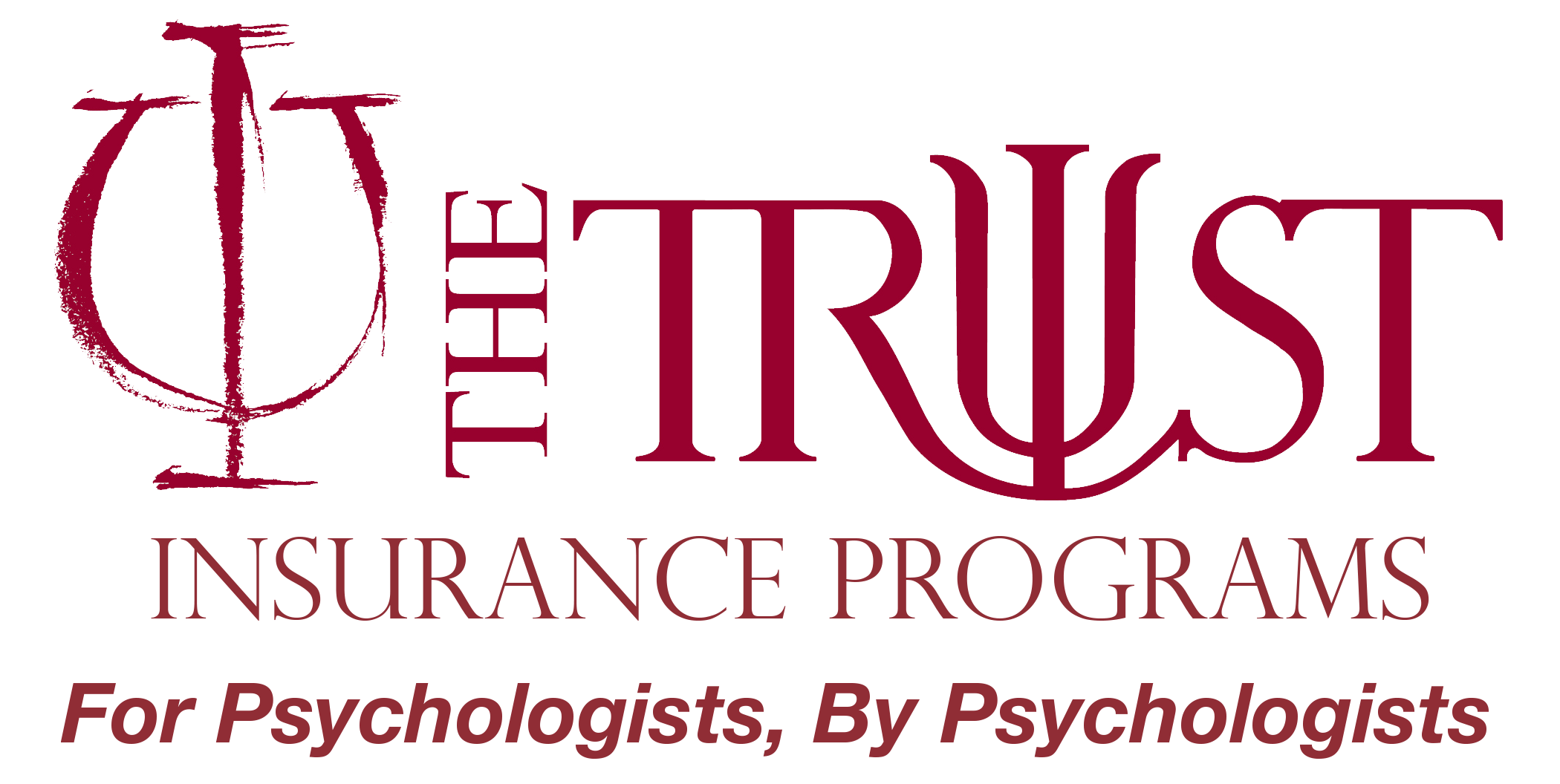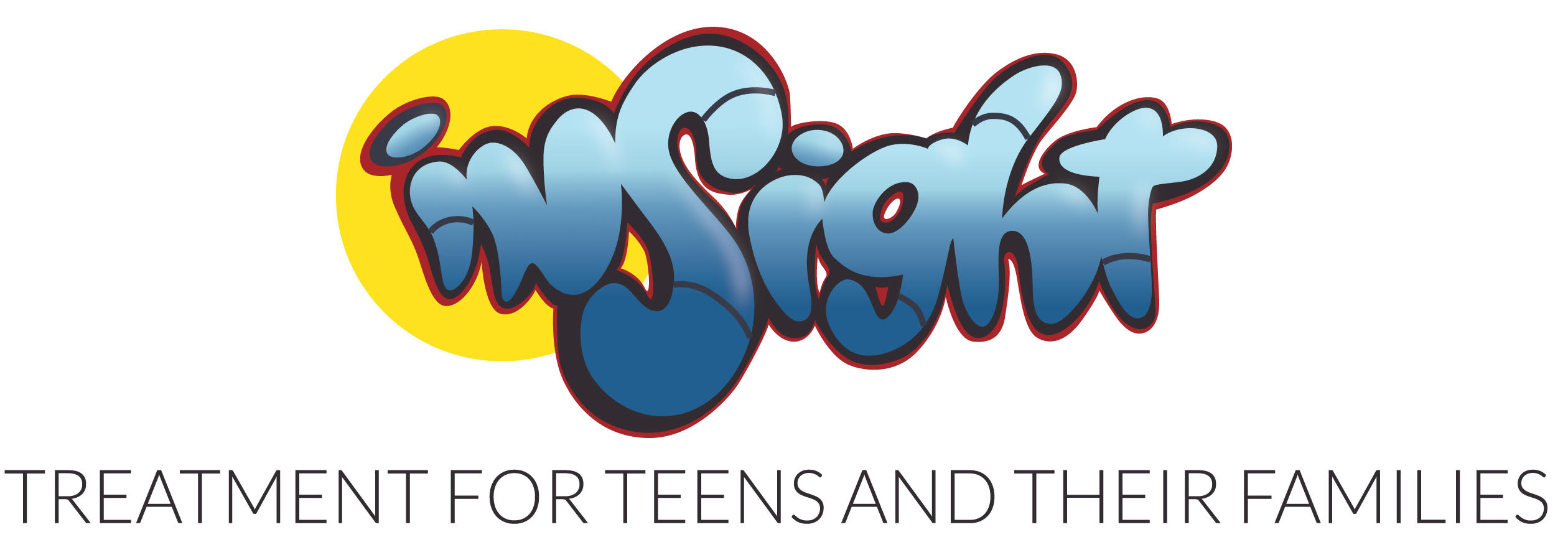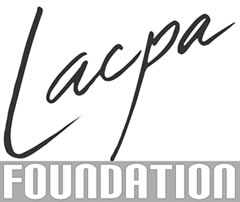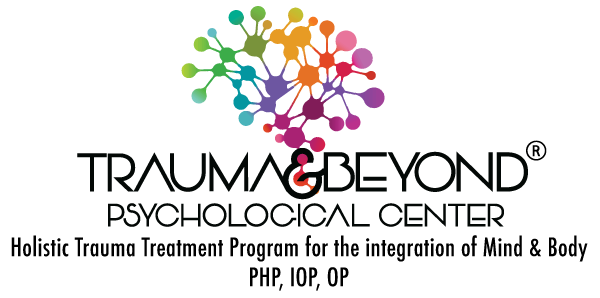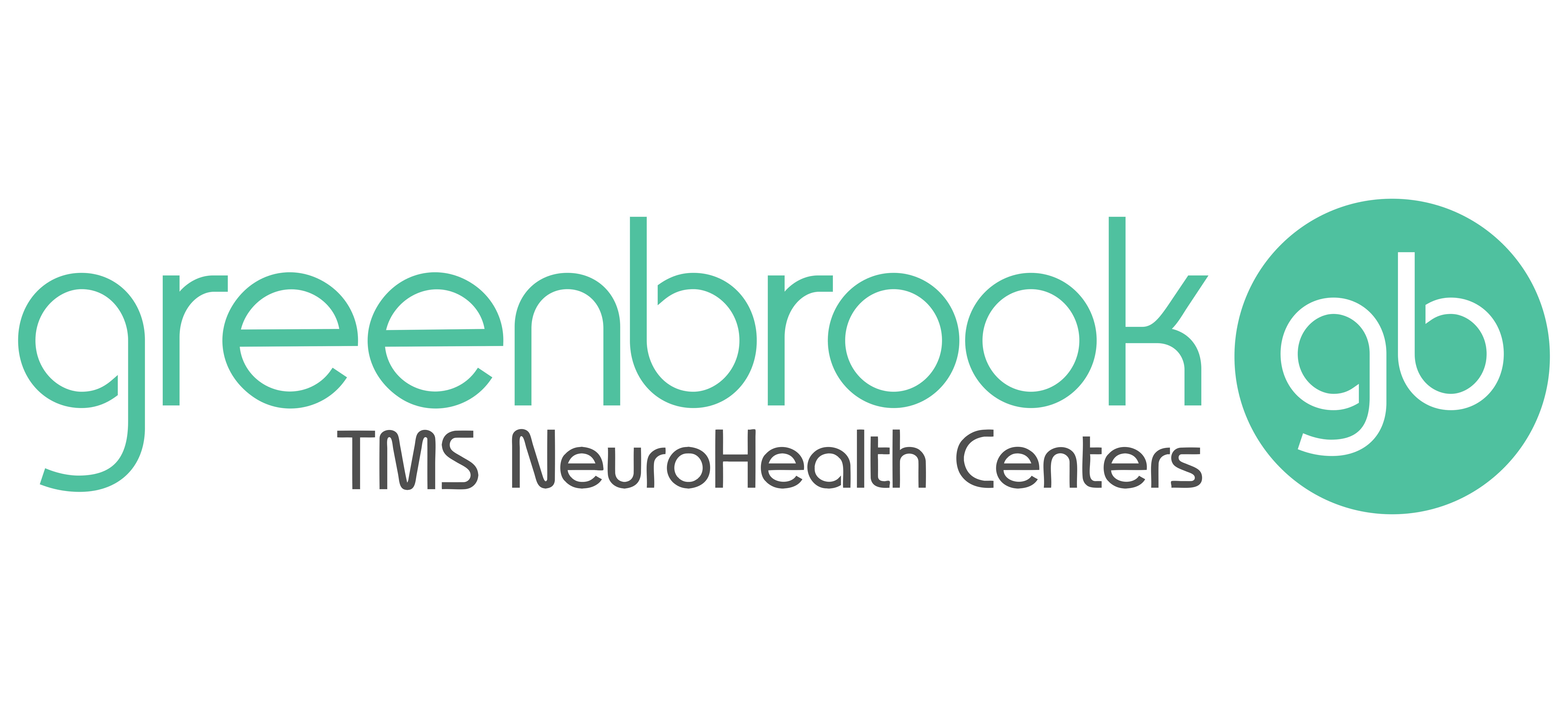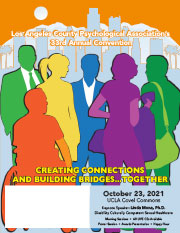Dr. Linda Mona is a clinical psychologist who has worked in a variety of settings providing clinical services, training healthcare professionals, and conducting research focusing upon the diverse life experiences of individuals living with chronic health conditions/disability. She is currently the Clinical Director of the Spinal Cord Injury/Disorder Psychology Service at the VA Long Beach Healthcare System. Her clinical work has focused on providing services to Veterans with disabilities within a disability affirmative context. In addition to her work with Veterans, she is the founder and president of Inclusivity Clinical Consulting Services which provides a wide array of psychotherapy services to individuals and couples from diverse backgrounds. She also serves as a healthcare services consultant, providing training to integrated healthcare settings and allied health clinical service providers on disability, diversity and inclusion strategies, and sexuality and intimacy.
Infusing disability into psychology diversity education and training has also been one of Dr. Mona's career passions. She has challenged traditional medical notions of disability by reframing this identity from a multicultural lens. Through national psychology professional service roles, she has been successful at promoting disability consciousness through her expertise, social justice advocacy, and her own lived experience as a disabled woman psychologist. She has facilitated over 100 trainings and has over 30 publications focusing on disability diversity. Dr. Mona’s work has been showcased through mainstream media including; Oprah Radio, Canadian Discovery Health, PBS, NBC's Today show, and Self Magazine.
Honorees

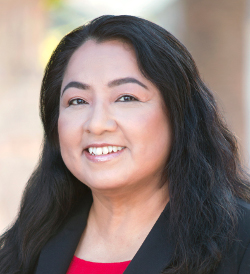
Leticia C. Amick, Ph.D.
Distinguished Service to LACPA
by a LACPA Member
- President 2019
- Secretary 2017 - 2018
- Board of Directors member since 2016
- Committee Chair of Community Outreach, Continuing
Education, and Nominations, Elections, & Awards
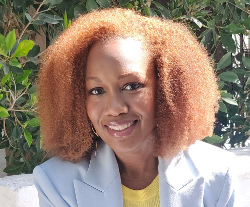
Jaz Robbins, M.A.
Distinguished Service to LACPA
by a Graduate Student
- LACPA Board of Directors Student Liaison 2020-2021
- Initiated Academic Writing Bootcamp for graduate student members 2021
- Pepperdine University Campus Representative
- 2020 Theater of the Mind Creative Director
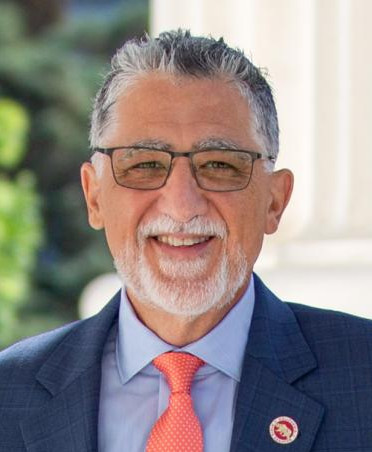
State Senator
Anthony Portantino
Distinguished Legislative Award
- He has authored several bills regarding students' access to
mental health screening and treatment
- He is an advocate for the mental health needs of foster youth.
- He has carried bills over 3 legislative sessions (6 years) to
expand treatment of autism spectrum disorder beyond
ABA treatments
- Sen. Portantino is a very outspoken advocate for recognizing the
Armenian Genocide
Click here to return to the top of the page.

Session I
2.0 CE Credits all courses
8:30 a.m. - 10:30 a.m.
Ethics of Health Technology Post COVID-19 Course Level: Intermediate
This workshop is presented by the LACPA Ethic’s Committee and may be counted toward the ethics
requirement mandated every two years for license renewal.
This presentation will be recorded.
The COVID-19 pandemic has impacted lives emotionally, physically, and financially. Increased feelings of stress, loneliness, fear, loss, and grief have challenged our ability to cope. This workshop aims to provide an overview of various virtual care programs and modalities available to support coping during the pandemic, ethical issues related to their use, and how to develop a post-pandemic plan based on lessons learned and how to adapt these practices moving forward.
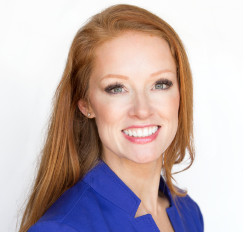
Christina Armstrong, Ph.D., is a licensed clinical psychologist in the Department of Veterans Affairs’ central office. She is involved in the development and implementation of programs to increase adoption of health technologies throughout the VA healthcare system. She teaches graduate-level courses on ethics and law for mental health professionals at Pepperdine University and serves on the LACPA Ethics Committee.
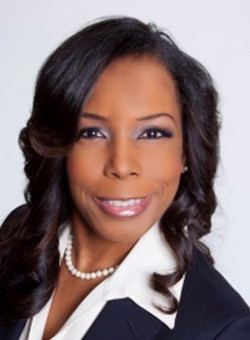
Loren M. Hill, Ph.D., is a licensed clinical psychologist in private practice, a Certified Autism Specialist, and an experienced academician. She has held several faculty and administrative positions in academia and currently serves as Associate Faculty at Union Institute and University’s Division of Education Transformation and Strategic Alliances (ETSA).
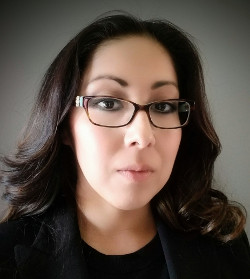
Audrey Martinez, Ph.D., is a licensed clinical psychologist for the Los Angeles Fire Department providing outpatient therapy, on-call mental health services, and program development. She specializes in treating trauma, depression, and anxiety. Dr. Martinez has been trained in numerous evidence-based treatments including Cognitive Processing Therapy, Prolonged Exposure, Eye Movement Desensitization and Reprocessing, Cognitive Behavioral Therapy, and the Gottman Method.
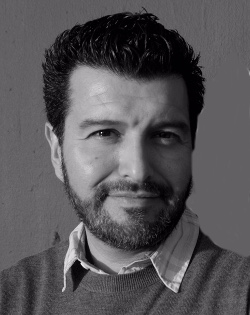
Marcos Briano (he/him/el), Ph.D./MMFT, is an early career representative of the LACPA Ethics Committee and adjunct faculty at the University of Southern California & Pasadena City College. His research interests include the application of ethics, teaching, social justice, and advocacy for BIPOC communities, specifically LGBTQ+ and Latinx.
Goals and Educational Objectives:
- Acquire a greater awareness of risks associated with social isolation and stress related to the pandemic and improve patient and mental health provider wellness and resilience.
- Develop an understanding of how virtual care modalities and programs can support coping with COVID-19 pandemic patients and mental health providers.
- Demonstrate an understanding of the ethical considerations relevant to virtual technology in healthcare, particularly those faced by mental health providers during and after the COVID-19 pandemic, and develop a post COVID-19 plan based on lessons learned and how to adapt these practices moving forward.
Program Outline:
Introductions
Impact of COVID-19
Overview of Virtual Care Technologies and Ethics Codes
Ethical Standards and Considerations
Case Scenarios
Managing Risks
Key Takeaways, Resources, References
Hee Hee Healing: The Power and Joy of Humor Course Level: Intermediate
This presentation will not be recorded.
In this lively presentation, we will explore the rationale for and practical application of the intentional and purposeful integration of humor into psychotherapy. You will learn how humor can be used to build the therapeutic alliance, diagnose, and treat clients and how humor impacts cognitions, emotions, behaviors, physiology, and social bonding.
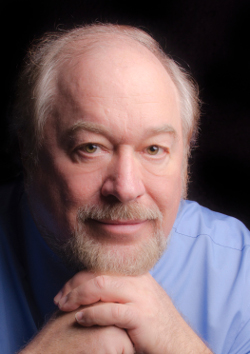
Steven M. Sultanoff, Ph.D., is a psychologist, professor (Pepperdine), past president of the Association for Applied and Therapeutic Humor (AATH), and an internationally recognized expert on therapeutic humor. He appears on “What’s Your Ailment!” and has appeared on Fox, STARZ, Lifetime, and PBS, and quoted in Time, Prevention, USA Today, and Forbes.
Goals and Educational Objectives:
- Explain the link between humor and feelings, behaviors, thoughts, and biochemistry.
- Express how to intentionally, and purposefully use humor to build the therapeutic relationship, treat, and diagnose.
- Explain the therapeutic value of the cognitive, emotional, physical, and social impact of humor.
Program Outline:
Introduction
Wit, Mirth, Laughter, Relational Fusion
The Therapeutic Power of Humor
Defining Moments of Humor
The Model of Therapeutic Humor
Integrating Humor into Psychotherapy
Expanding your “Comic” Vision
Wrap Up and Questions
Isolation and the Human Condition: The Power of Group Processes Course Level: Advanced
This presentation will be recorded.
Isolation impacts mental health and is exacerbated by separation from friends, family, and everyday routines. One therapist is often not enough to heal the depths of pain compounded by isolation. Group therapy and 12-Step programs can fill the intrinsic need for affiliation and alter attachment styles for those in need. This course will examine the power of human connection.
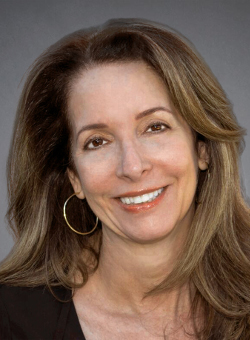
Alexandra Katehakis, Ph.D., L.M.F.T., is Clinical Director of the Center for Healthy Sex in Los Angeles and faculty for the International Institute of Trauma and Addiction Professionals. Dr. Katehakis’s most recent books include Sexual Reflections: A Workbook for Designing and Celebrating Your Sexual Health Plan (2018) and Sex Addiction As Affect Dysregulation: A Neurobiologically Informed Holistic Treatment (2016).
Goals and Educational Objectives:
- Identify the impact of long-term isolation on the brain/mind/body.
- Define and apply the four components necessary in group dynamics for neuropsychobiological growth and change.
- Assess the pro-social function of group therapy and 12-Step meetings and how attendance changes attachment styles over time.
Program Outline:
Introduction
The effects of isolation and loneliness on the human organism
Isolation, loneliness, and addiction
Group therapy
12 step meetings
Keys to building community
Q&A
Click here to return to the top of the page.
Session II
2.0 CE Credits all courses
11:00 a.m. - 1:00 p.m.
23 Ways to Protect Your License from Licensing Boards Complaints Course Level: Advanced
This workshop may be counted toward the ethics requirement mandated
every two years for license renewal.
This presentation will be recorded.
This webinar will review current standards of care that psychotherapists must maintain, outline the 23 ways in which licensed psychotherapists must comply with, attend to the issues related to therapists engaging with clients via social media and briefly address some of the ethical considerations arising from the COVID-19 pandemic and the new era of tele-mental health.
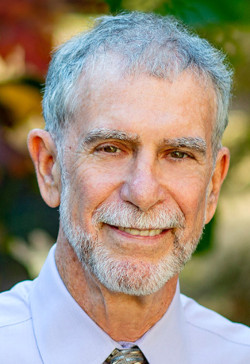
Ofer Zur, Ph.D., lives in Sebastapol, CA and founded the Zur Institute 25 years ago. He is a licensed psychologist, instructor, forensic and ethics consultant, and expert. His writing and teaching in the U.S. and abroad focus on ethics, critical thinking, boundaries, dual relationships, managed-care-free private practices, the psychology of victims, the psychology of war and the psychology of gender. He has authored or co-authored five books and over 50 published articles on ethics and related topics.
Goals and Educational Objectives:
- Identify the three most common complaints of state licensing boards filed against licensed psychotherapists and counselors.
- Discern the difference between boundary crossings and boundary violations.
- Identify the differences among various types of consultations.
Program Outline:
Opening introduction
23 ways in which licensed psychotherapists must comply with, attend to the issues related to therapists engaging with clients via social media.
Ethical considerations arising from the COVID-19 pandemic and the new era of tele-mental health.
Q&A
Racial Trauma Across the Lifespan Course Level: Intermediate
This presentation will not be recorded.
Racial discrimination has been found to significantly predict racial trauma and race-based traumatic stress (e.g., Carter et al., 2013). Despite both the prevalence of racial discrimination and its consistent association with racial trauma, most clinicians lack the necessary training to assess and treat racial trauma in therapeutic settings. As such, this program uses recent and relevant research to facilitate mental health clinicians’ knowledge, assessment, and treatment of racial trauma across the lifespan.

Maryam M. Jernigan-Noesi, Ph.D., is the Founder and CEO of Jernigan & Associates, LLC. She brings almost two decades of experience as a health professional. She has extensive training and work experiences in psychology and health, women’s health, as well as specialized training in adult and family interventions. Clinically, Dr. Jernigan-Noesi has worked alongside a multidisciplinary team of health providers in inpatient and outpatient mental health, community, medical, academic settings, and private practice. She frequently consults with organizations to assess and implement culturally inclusive policies and practices. Additionally, given Dr. Jernigan-Noesi’s experience as an instructor and health provider, she provides professional development training to a wide range of executives, professionals, trainees, and staff.
Goals and Educational Objectives:
- Define racial trauma in the context of mental health assessment and treatment.
- Identify the mental and physical health symptoms correlated with significant experiences of racial discrimination and its mental health consequences.
- Identify relevant clinical tools for assessing experiences of racial discrimination and discerning which symptom presentation constitutes racial trauma.
Program Outline:
Introduction of topic and speaker
Overview of history of the definition of trauma
Conceptualization of racial trauma and associated terminology
Overview of research related to racial trauma
Assessment of racial trauma
Treatment Planning
Models for healing racial trauma
Client resources
Question and answer period
The Developmental Tasks to Become an Elder Course Level: Intermediate
This presentation will be recorded.
Many people 55+, including clinicians and clients, feel disoriented, invisible, and purposeless in our society, especially following retirement, because of our cultural emphasis on productivity over self-reflection. Therefore, our culture is missing Elders, those who age consciously with the tools of psychology and spirituality, discover renewed meaning and purpose, and share their gifts with future generations. Research reveals that our internalized ageism affects our physical and brain health, self-esteem, and views of the future. The tools offered here can guide clinicians and their clients to reframe aging and become much-needed Elders.

Connie Zweig, Ph.D., is a retired therapist, co-author of Meeting the Shadow and Romancing the Shadow, author of Meeting the Shadow of Spirituality, and a novel, A Moth to the Flame: The Life of Sufi Poet Rumi. Her book, The Inner Work of Age: Shifting from Role to Soul, (September 2021), extends shadow-work into late life and teaches aging as a spiritual practice. Connie has been doing contemplative practices for 50 years. She is a wife and grandmother and was initiated as an Elder by Sage-ing International in 2017. After investing in all these roles, she is practicing the shift from role to soul.
Goals and Educational Objectives:
- Define the difference between Senior and Elder.
- Name the tools needed to complete the developmental tasks of becoming an Elder.
- Design a treatment plan for clients 55+ who wish to do the inner work of age.
Program Outline:
Reframing Aging: Decline to Rite of Passage
The Shift From Senior to Elder
Reviewing the Research on Internalized Ageism and its Consequences
Overview of Developmental Tasks to Complete the Rite of Passage
Example 1: How to Do a Life Review
Example 2: How to Complete Spiritual Unfinished Business: updating beliefs, values, and images of the divine
Example 3: How to Find Renewed Purpose and Meaning: service, activism, and contemplative practice
Q&A
Click here to return to the top of the page.
Session III
2.0 CE Credits
2:00 p.m. - 4:00 p.m.
Disability Culturally Competent Sexual Healthcare Course Level: Intermediate
This presentation will be recorded.
Sexual health among people with disabilities continues to be under-recognized. Disability cultural competence is needed to assess and treat sexual health among people with disabilities. Through provider self-assessment, expanding disability and sexuality knowledge bases, and utilization of the DASH-CM model, psychologists can broaden their clinical services to this underserved community.
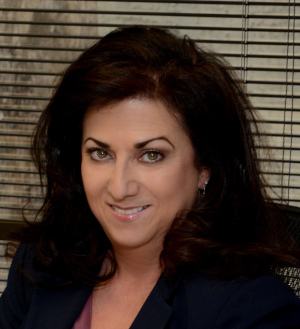
Linda Mona, Ph.D., is a licensed clinical psychologist who has worked in a variety of settings providing clinical services, training healthcare professionals, and conducting research focusing upon the diverse life experiences of individuals living with chronic health conditions/disability. She is the founder of Inclusivity Clinical Consulting Services which provides a wide array of psychotherapy services to individuals and couples from diverse backgrounds. She also serves as a healthcare services consultant, providing training to integrated healthcare settings on disability and sexuality.
Goals and Education Objectives:
- Describe disability culture
- Define disability culturally competent care
- List three main components of the DASH-CM
Program Outline:
LACPA Introduction
Introduction, disclosures, objectives, agenda
Culture check exercise/provider self-assessment
Disability history and models of conceptualization
Socially responsive psychology
Disability Affirmative Assessment
Disability Affirmative Therapy
Disability Cultural Competence
DASH-CM
Q&A
Click here to return to the top of the page.
Virtual Happy Hour
4:00 - 5:00 p.m.
